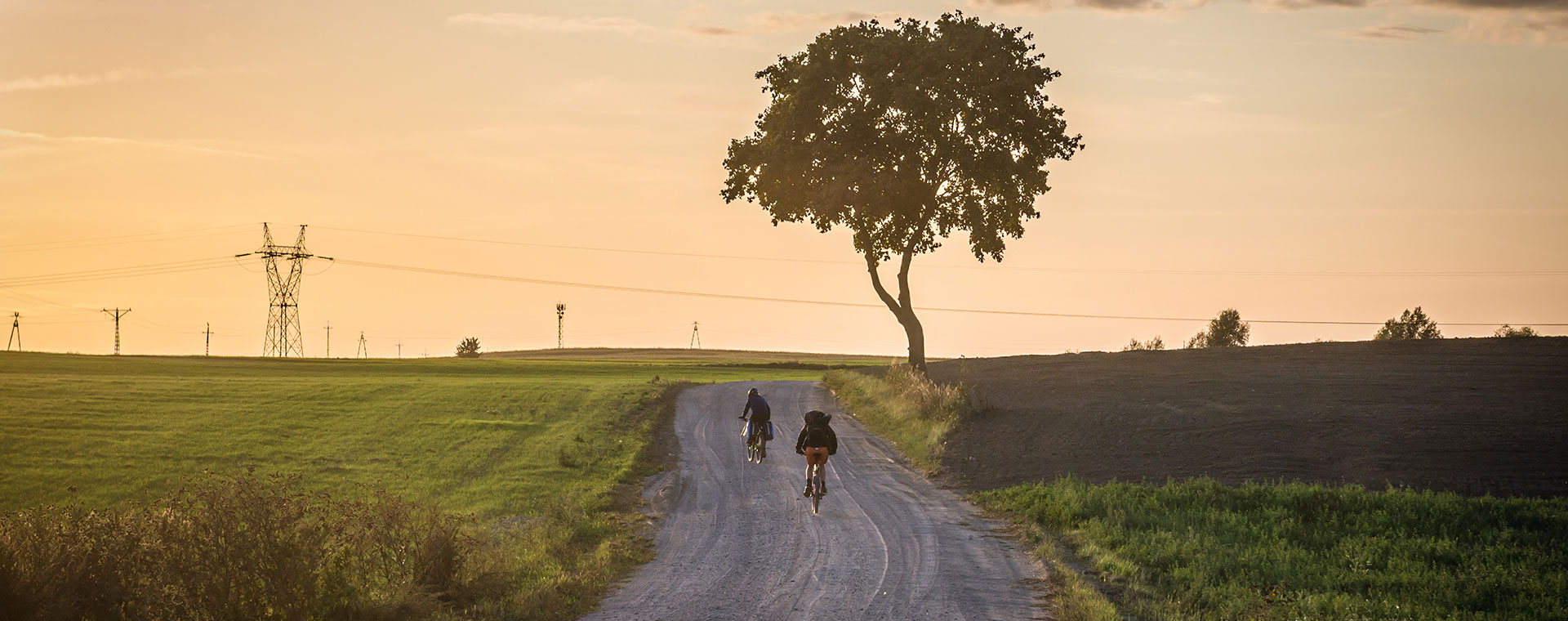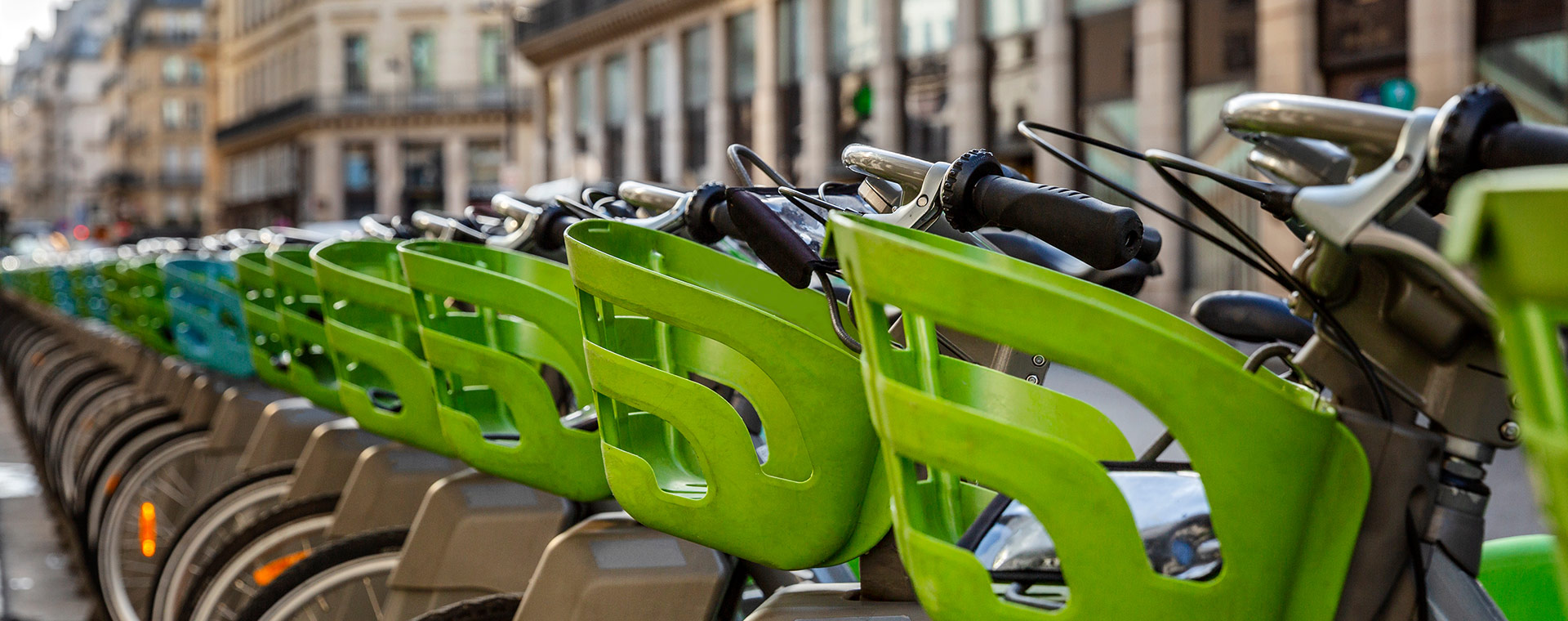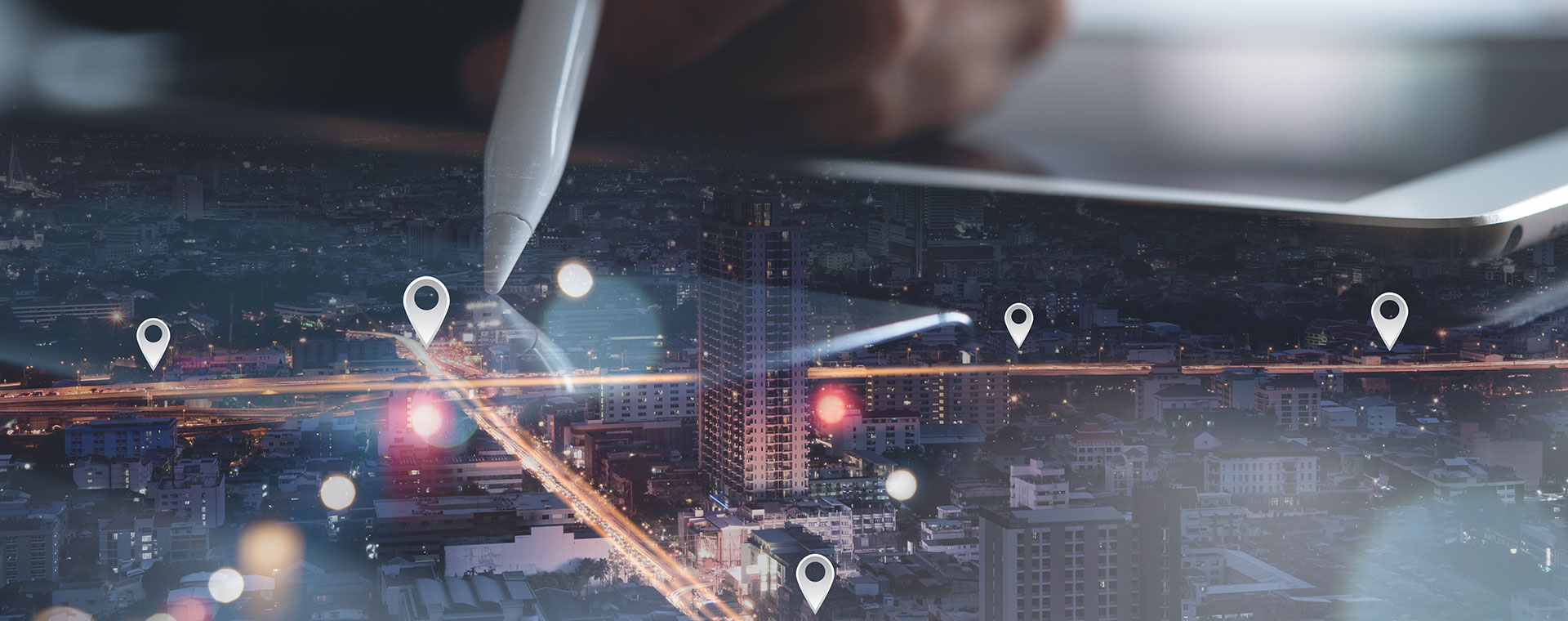Interview
Decarbonization
How will rural areas adapt to the shift towards carbon-neutral mobility?
-
Brian Caulfield
Professor in transportation and Head of Department at Trinity College Dublin, Expert to the National Transport Authorithy (Ireland)

Brian Caufield, Professor and Expert at the National Transport Authority, explains how rural areas will adapt to the transition to decarbonized mobility.
How will rural areas adapt to the transition to low-carbon mobility?
It’s a huge challenge for Ireland, because in terms of population density, we’re about half the European average. In cities, 98% of the population can get to shops in less than 15 minutes’ walk. In rural areas, on the other hand, this percentage is only 38%. How can we rapidly decarbonize these regions of Ireland? We have several options:
- Public transport system
- Electrify private car fleets
- Introduce shared vehicle fleets
It’s in this part of Ireland that people travel the longest distances, own the oldest vehicles and therefore produce the most emissions.
How can they meet these short-term challenges?
In the very short term, this would involve the electrification of private cars. The aim is also to introduce the “Connecting Ireland” model, which involves setting up rural bus services. The aim is to install two or three bus services a day in every rural area of the country to connect people. If we have diesel buses on the roads in Ireland, it defeats the purpose if they’re empty. Then we’ll have to see what happens when these services are introduced: will people opt for bus services? Will it make a difference?
-
 Interview
Climate
Interview
Climate
How can we reconcile mobility and climate action?
Gemenne François, Member of the IPCC and co-director of the Defense & Climate Observatory at IRIS Scientific Advisor
-
 Interview
Design
Interview
Design
Do citizens have a say in what their cities look like ?
Boutaïna Araki, President of Clear Channel France
-
 Insights
Decarbonization
Insights
Decarbonization
Decarbonizing mobility: where do we start?
Brian Caulfield, Professor in transportation and Head of Department at Trinity College Dublin, Expert to the National Transport Authorithy (Ireland)
Although they yield environmental benefits, they come with several constraints and issues, including lithium extraction, which raises ethical concerns. They are also unable to tackle urban issues such as road congestion or bus delays. -
 Edito
Walking
Edito
Walking
Is walking the primary form of urban mobility?
Jim Walker, Founder Walk21 Foundation
Tomorrow’s urban mobility will be much like todays in that walking will continue to be an essential part of trips. -
 Insights
Data
Insights
Data
Which technology or practice is driving the other?
Nathalie Allegret, Director of National Activities and Development, Equans Cities and Communities Division (multi-technical services)


